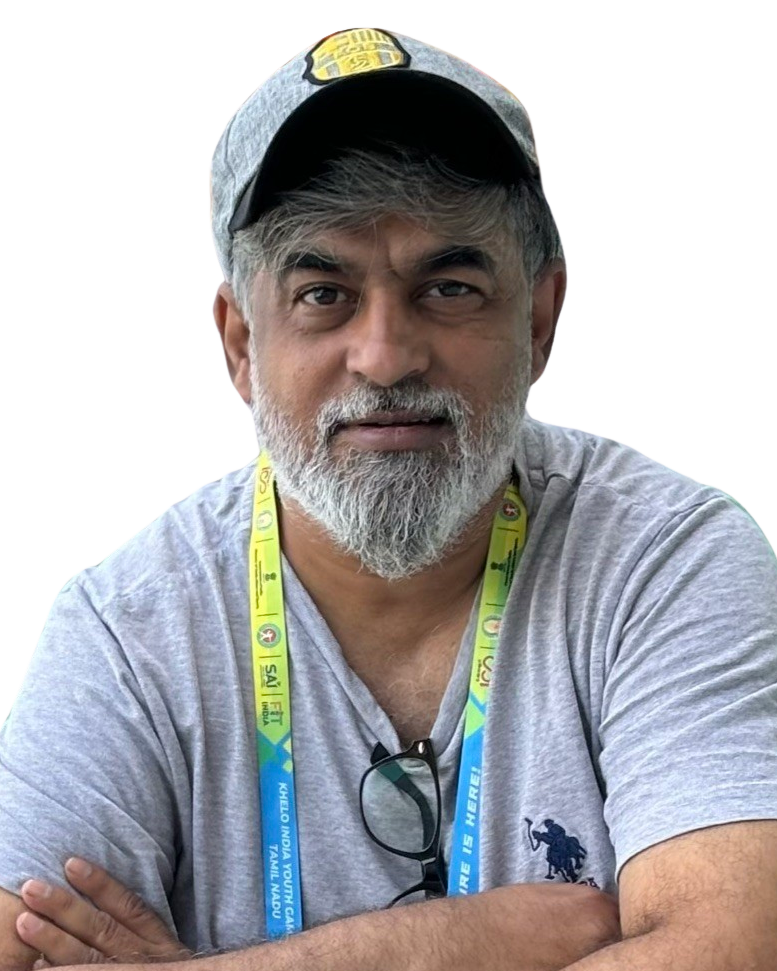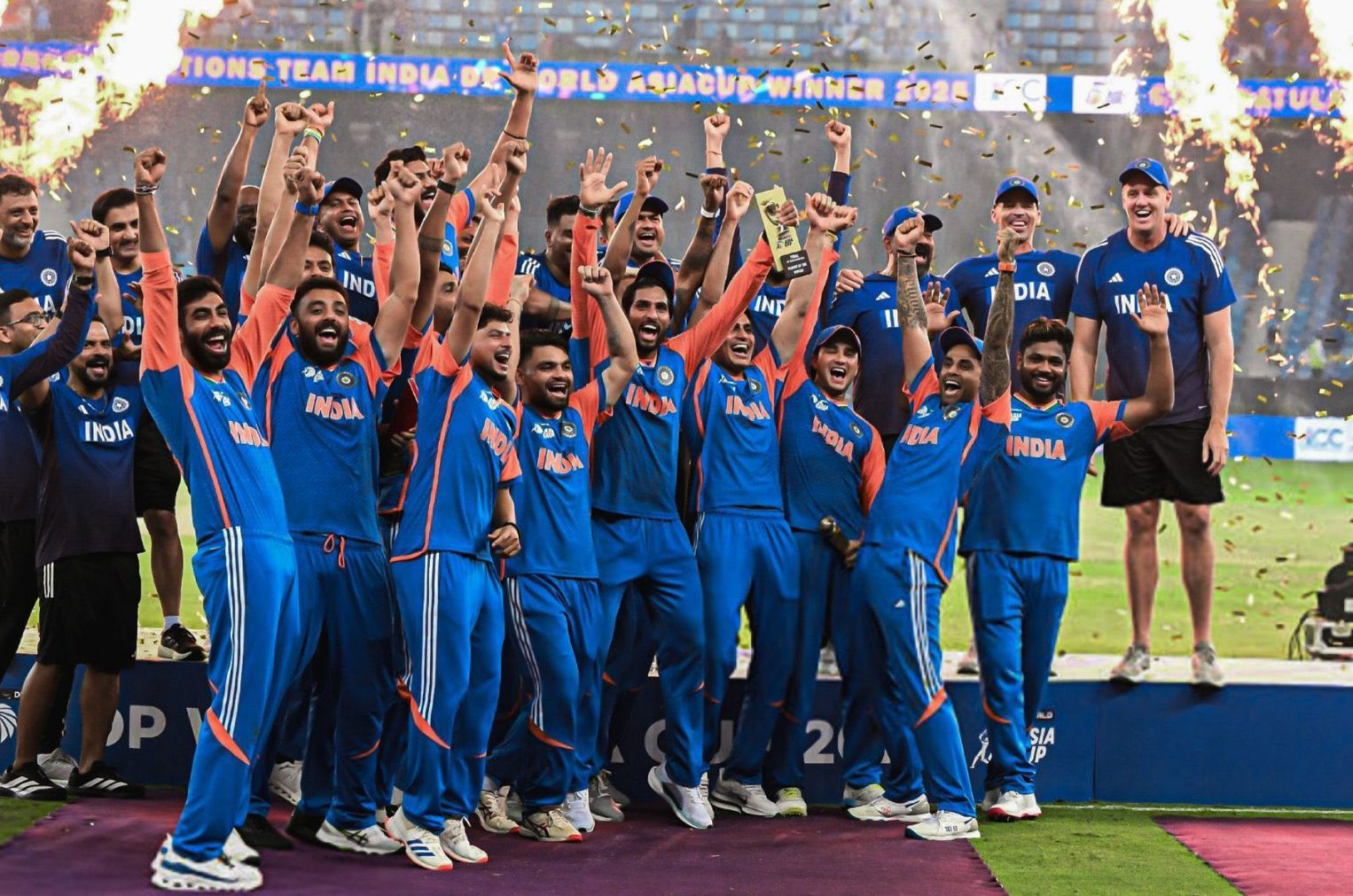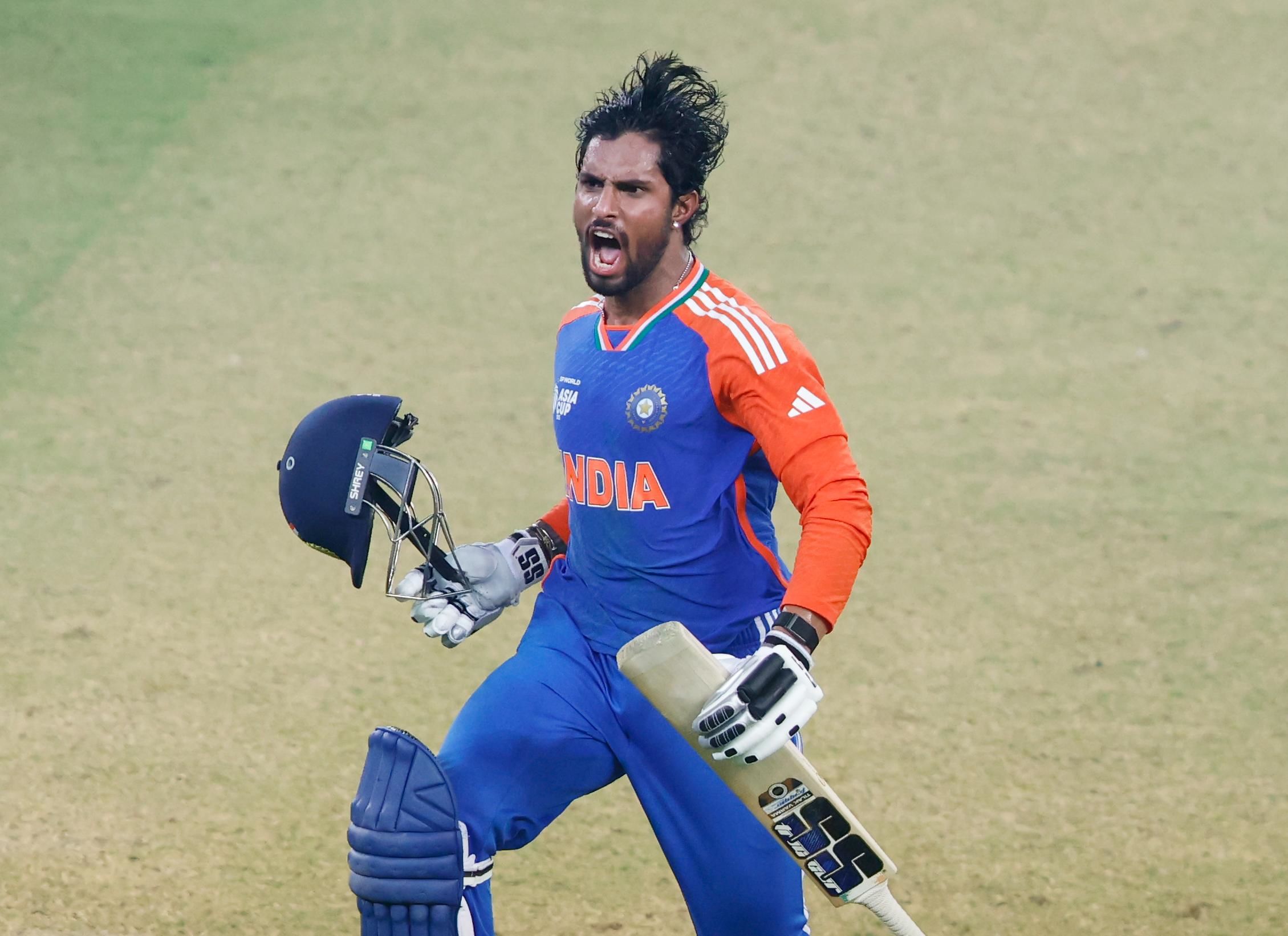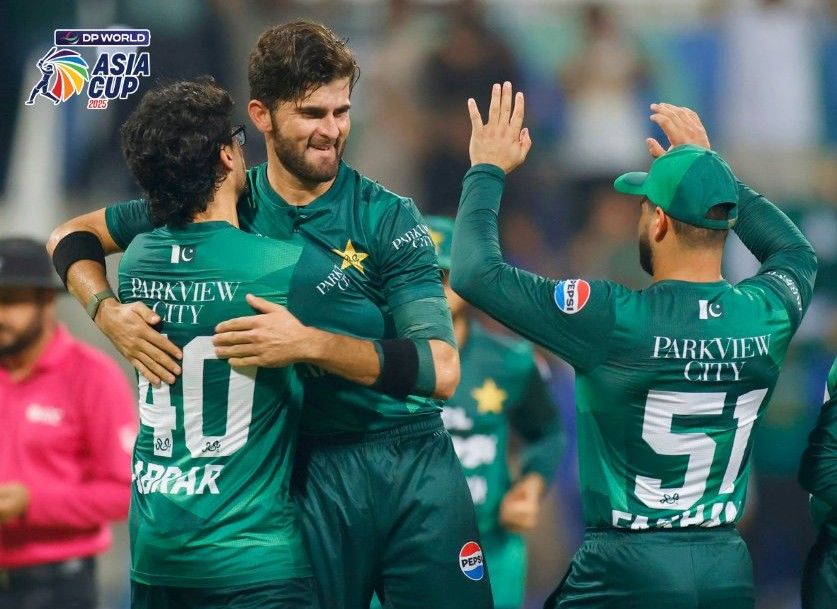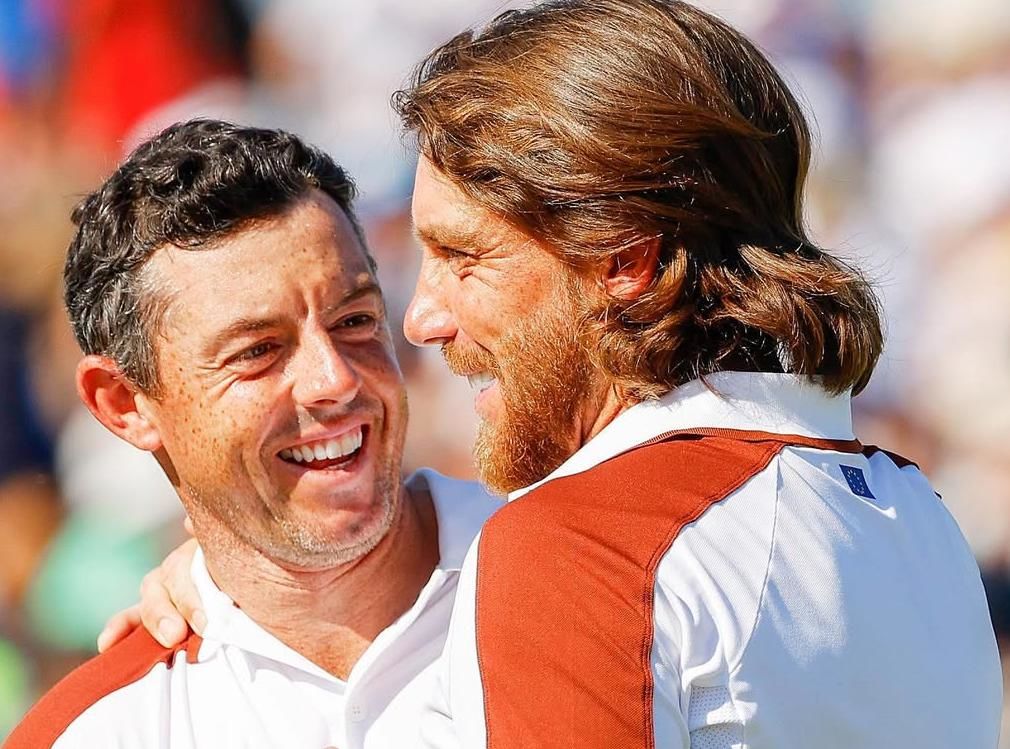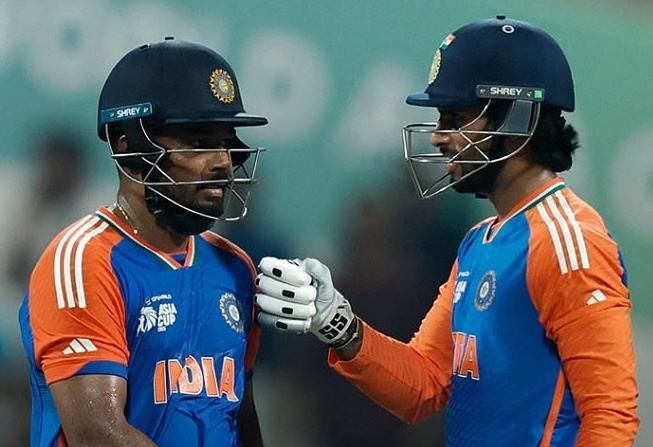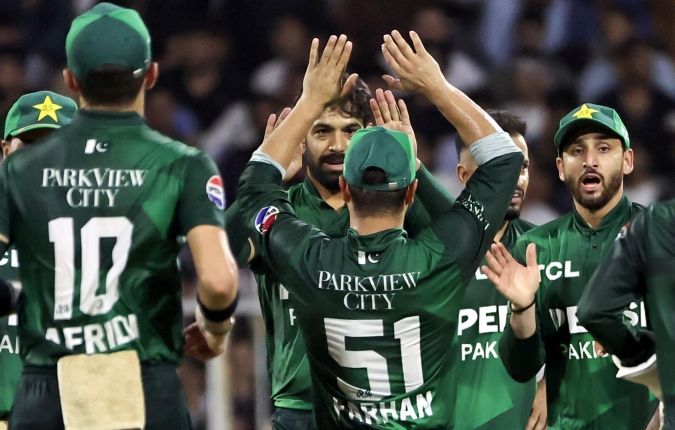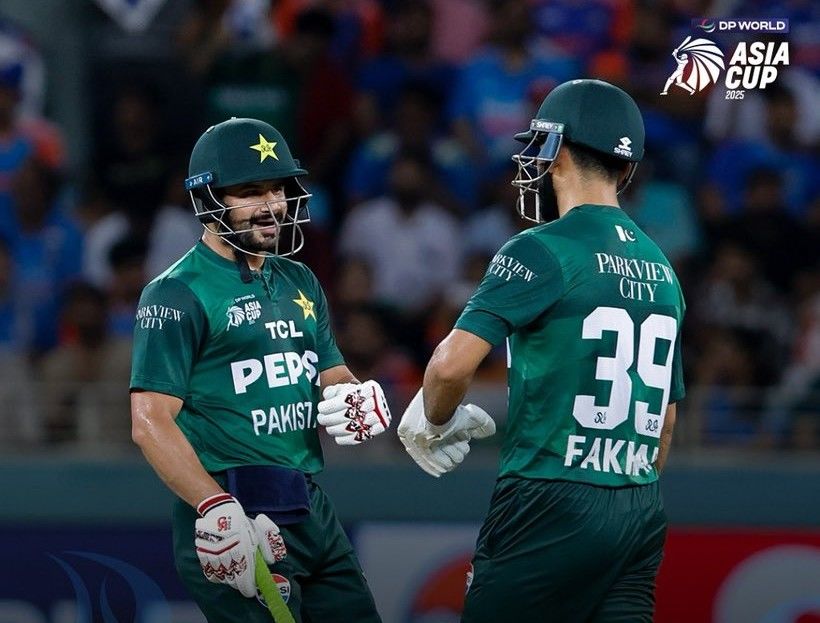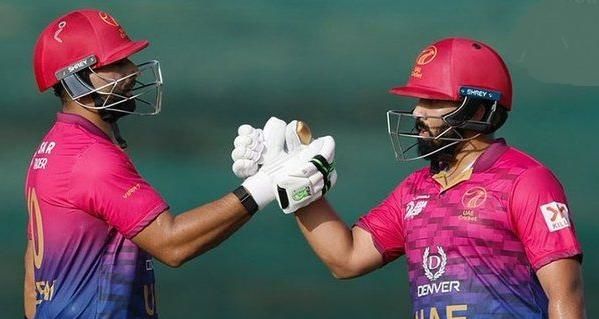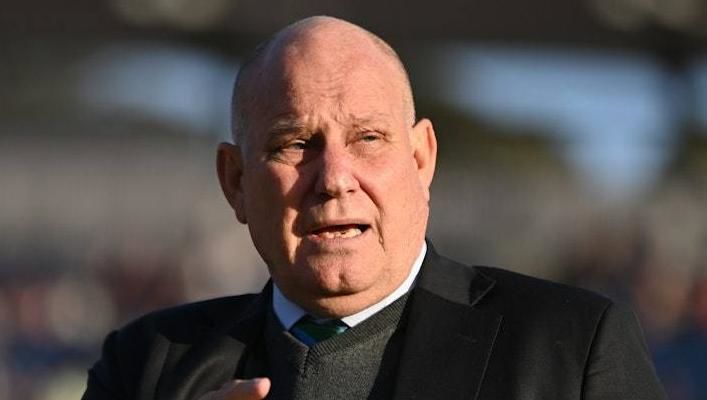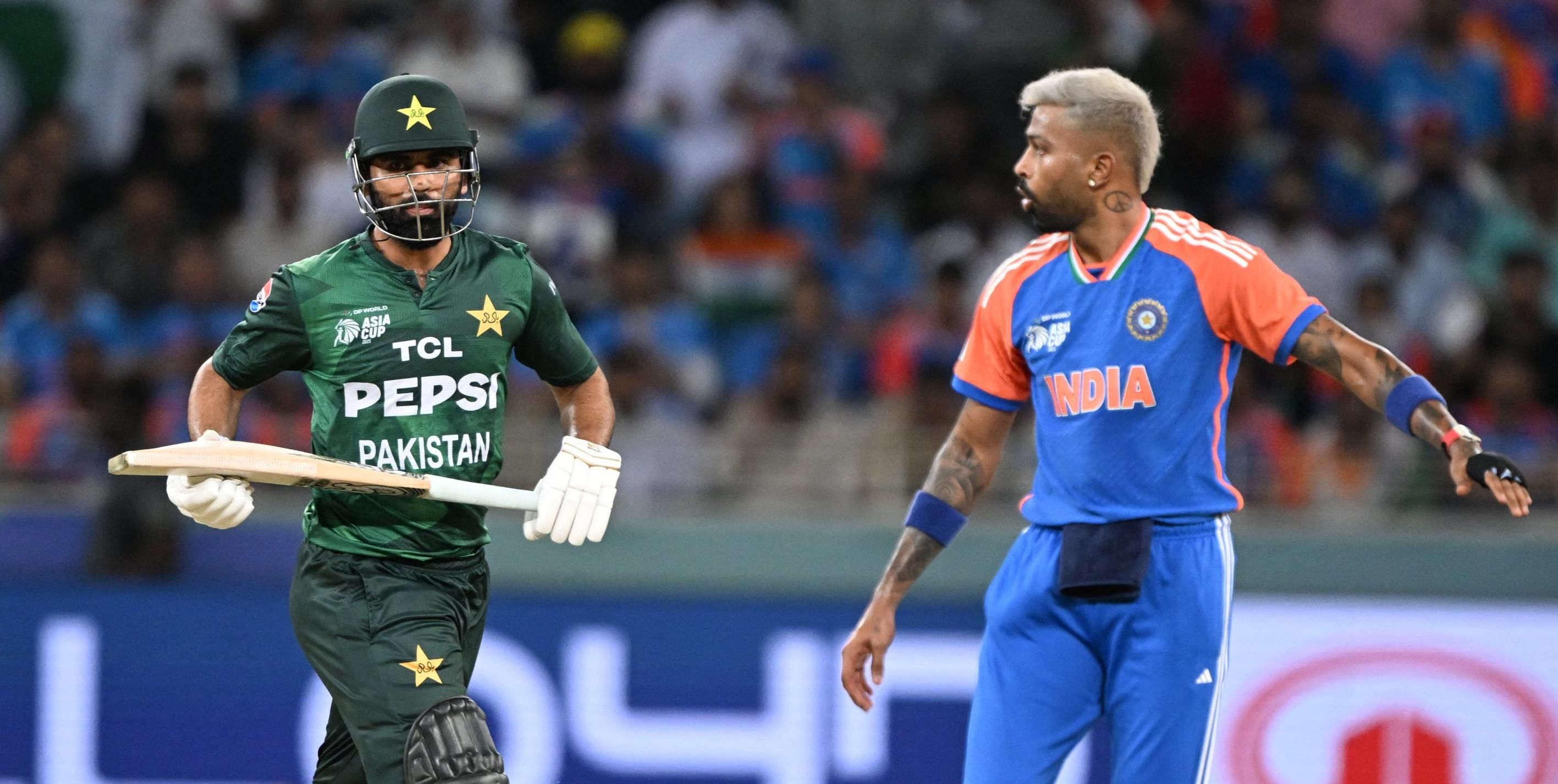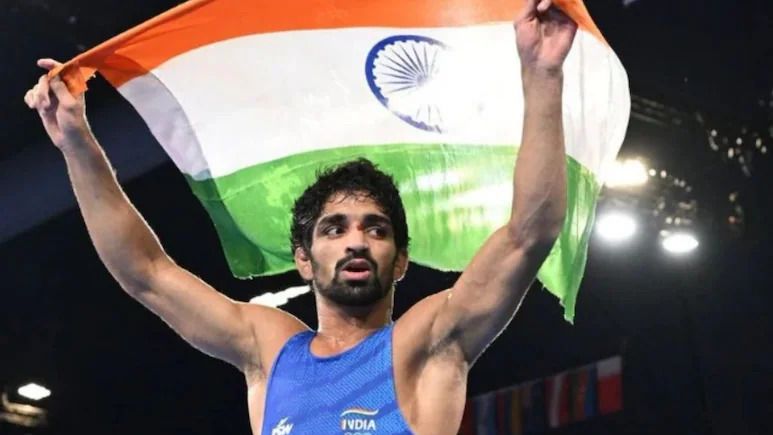At the Tokyo Olympics, Achanta Sharath Kamal faced the sternest test of his career. Training schedules collapsed, competitions stood cancelled, and the pandemic threatened to derail years of preparation. Yet, amid uncertainty and isolation, India’s most decorated paddler produced some of his finest table tennis, reminding the world why he remains the face of the sport in India.
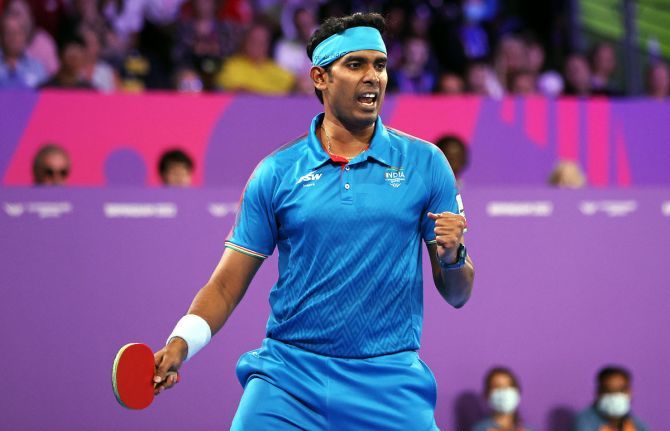
Tokyo was perhaps the toughest outing of my career. Everything was uncertain, from competitions to training. It was mentally draining. But I learned that no matter how tough the situation, if you keep focus on what you can control, you find your best. That resilience, I carry with me even beyond sport.
Asian Games Breakthrough
Only three years before Tokyo, at the 2018 Asian Games in Jakarta, Sharath delivered one of Indian table tennis’s defining moments by helping the team clinch a historic bronze medal. For decades, the sport had searched in vain for success on Asia’s toughest stage, long dominated by China, Japan, and South Korea. Standing on the podium with the tricolour was, in his words, “pure joy and relief.”
That medal symbolised belief. It proved that Indian players could challenge Asia’s best. For me personally, it was a statement that persistence and discipline had paid off. For the younger generation, it showed that such dreams are achievable.
Building the Future: High-Performance Centre
These contrasting experiences – resilience forged in Tokyo and the joy of Jakarta – now fuel Sharath’s mission to create a lasting legacy. His answer is the High-Performance Centre (HPC) in Tamil Nadu. Envisioned as a structured ecosystem, the HPC will identify young talent early, nurture it with world-class coaching, and expose players to global best practices. While it begins as a State Centre of Excellence, it has the infrastructure to evolve into a National Centre.
If we execute this well, in 8 to 10 years India can consistently produce players who are competitive at the Olympic and World Championship level.
Filling the Gaps
For decades, Indian table tennis has lacked a bridge between grassroots promise and international podiums. “Our players are naturally dexterous, which is why we see them shine in juniors,” Sharath explained. “But they often fall short in physical fitness, tactical awareness, and long-term planning. The HPC addresses this with structured year-round programming, modern fitness and recovery methods, and international-standard coaching. Importantly, we will also educate coaches and parents about long-term athlete development.”
A Holistic Approach
What excites him most is the centre’s holistic model.
This is not just about strokes and drills. The programme integrates sports science, nutrition, psychology, and competition planning under one roof. That is something I wished I had in my career. Now we are making it a reality for the next generation.
Lessons from Five Olympics
Having represented India at five Olympic Games, Sharath knows that natural skill alone does not sustain success. “Each Olympic Games has been a milestone. They taught me discipline and how to handle expectation. Sustaining yourself over two decades required constant reinvention,” he said. He also drew a distinction between singles and team events. “In singles, every point and every mistake is yours. In team events, the energy is completely different – you play for your teammates. Singles is about individual strength, team is about collective belief.”
Advice to the Next Generation
Through the HPC, Sharath now wants to ensure young paddlers are better prepared than ever. His advice is simple but powerful: “Dream big, but back it up with discipline and patience. Talent alone won’t take you all the way. It is the daily grind, the sacrifices, and staying focused on long-term goals that matter. Don’t chase quick results – build your game brick by brick. Failures are not the end, they are your best teachers if you are willing to learn.”
More Than Infrastructure, A Vision
For Sharath Kamal, the HPC is more than a facility – it is the embodiment of his career’s hard-earned wisdom. The heartbreak of Tokyo, the breakthrough of Jakarta, and the lessons of five Olympic campaigns have all shaped this vision. If realised fully, it could transform Indian table tennis from a sport of occasional highs into a consistent force on the global stage.

